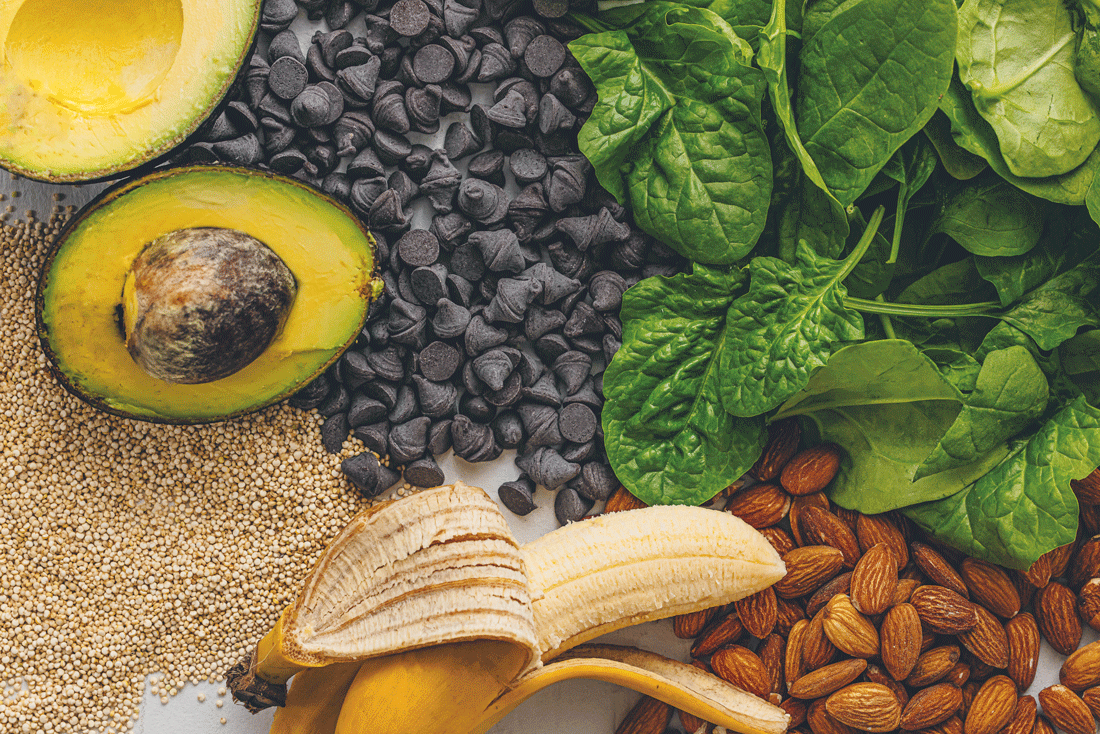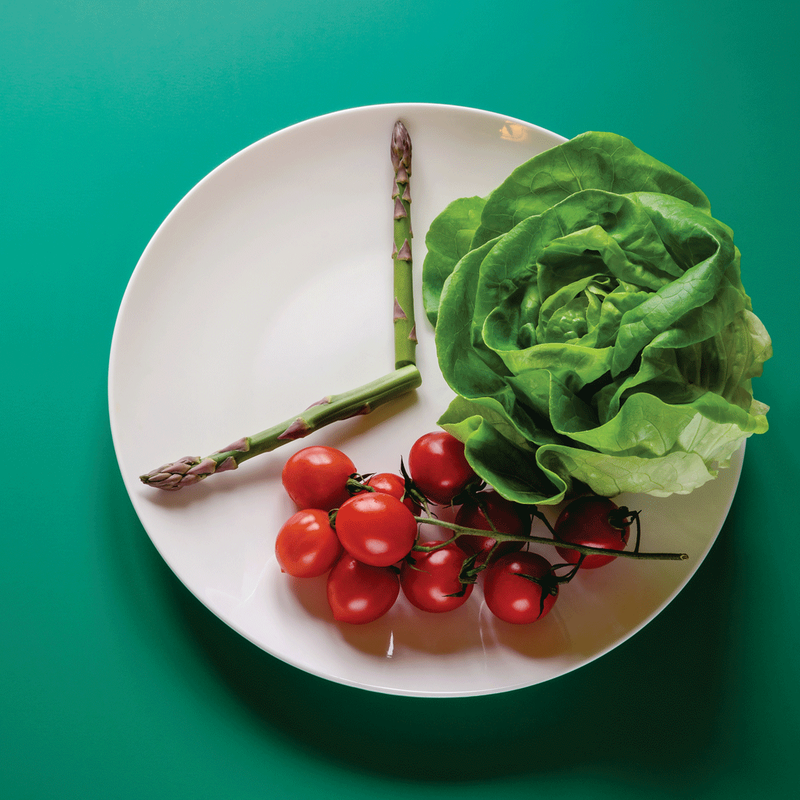If you are a habitual user of TikTok or similar platforms, then you have likely become much more aware of magnesium lately. According to the most “online” of health influencers and wellness consultants, that chemical element is the very thing our bodies have been missing, and they have all sorts of suggestions on how we can get more of it into us: milkshakes and mocktails, powders and pills, even non-comestible delivery systems such as skin gels and bath bombs.
The many claims being made for magnesium’s health benefits usually have at least some basis in science. Dr Rosario Garcia, who heads the Revitalising Medicine Unit in Spain’s prestigious SHA Wellness Clinic, has said that “magnesium is good for everything”. “It controls blood pressure, ensures good communication between nerve cells and proper muscle contraction, produces a feeling of well-being and relaxation that is very interesting, and plays a role in bone health, intestinal rhythm and energy production.”
At the same time, Professor Edward Saltzman at Tufts University School of Medicine has warned consumers that certain applications are better supported than others by the evidence: “Available epidemiologic research shows that there are sometimes correlations between magnesium and certain health outcomes, but it can be difficult to prove that magnesium itself is responsible without many more intervention trials.”
Just for example, the clinical jury is still out on the “transdermal” effectiveness of magnesium when administered via the skin, though studies by the likes of Dr Abdullah M Al Alawi at Oman’s Sultan Qaboos University Hospital highlight how well magnesium seems to regulate the production of cytokines – which are key to the inflammatory response and can thereby help reduce skin irritations.
This, in turn, helps explain the booming market in electrolyte moisturisers, anti-fatigue body washes, vitamin serums and even nappy rash creams all enriched with magnesium. But it doesn’t quite account for the sudden fashionability of such chemistry. British nutritionist Maz Packham believes that the promise of stress relief is the biggest driver of this trend.
“I think we’ve all experienced an increased pace of life, work pressures and sleep disturbances, and we’re all looking for potential solutions,” says Maz, who regularly consults with domestic and international media on gut health, diet and autoimmunity, while running her own therapeutic practice. Since the pandemic, she has seen more clients prioritising their own health. Diet and lifestyle are obvious concerns, and “supplements can offer support”, especially given the core fact that the human body doesn’t store or generate magnesium by itself – we depend on our food intake for our entire supply of this essential element.
There is support, too, says Maz, in the sense of community offered to many by social media platforms, the downside being the effectively unregulated nature of information shared on TikTok and elsewhere. “[Social media] doesn’t and shouldn’t replace the guidance provided by qualified medical experts, and I think it’s important to seek out bespoke nutritional advice.”
At the same time, she admits, some of the more colourful related recipes being peddled online may have some genuine merit. Consider the so-called Sleepy Girl Mocktail, for example, which mixes cherry juice with sparkling water and magnesium powder. “Research suggests that Montmorency cherries can be effective for relaxation and sleep by supporting melatonin levels in the body,” says Maz, while magnesium itself is “nature’s tranquiliser”.
“It’s needed for more than 300 different reactions of the body, but the main areas are in muscle relaxation. It helps prevent cramps, maintain healthy bones and nerve signals, support steady blood pressure, boost cellular energy production to prevent fatigue and generally promotes relaxation. In terms of specifically improving sleep, it regulates production of melatonin and has a calming effect on the nervous system, increasing the activity of the inhibitory neurotransmitter GABA.”
All of which is to say that that mocktail may well do you some good. Of the commercially available supplements, Maz also tends to recommend powders and capsules from the likes of Ancient + Brave and The Naked Pharmacy, which mix magnesium with other elements and amino acids to further nudge the customer into proper restful sleep.
None of these in isolation is any kind of “miracle cure”, Maz hastens to add. Like all professional nutritionists she’s a big believer in what she calls the “food-first approach”. Certain common foods are relatively rich in magnesium and we should all be eating more of them – she lists off dark, leafy greens like spinach, pumpkin seeds, black beans, quinoa, “even good quality dark chocolate with 70 per cent to 85 per cent cocoa”. In all such cases, however, the magnesium content largely depends on the ground in which the produce was grown.
“Unfortunately, soils are increasingly depleted. Continuous crop cultivation on the same land can lead to soil exhaustion, and the use of fertilisers can also disrupt the balance of minerals.” Lower magnesium levels in the ground ultimately mean less in our bodies – hence the need for alternative sources. When it comes to supplements, there are different forms to consider, too. Magnesium glycinate, for example, tends to be the first choice as a relaxant, while magnesium citrate supports digestive health, its citric acid content being easily absorbed into the body and drawing water into the bowel to aid regular movement.
Magnesium taurate is bound to the amino acid taurate, which can be useful, explains Maz, in dilating the blood vessels and supporting cardiovascular health. “If you are not sure which type best suits your needs and health goals,” she says, “always seek advice from an expert.”
As it happens, most of those experts seem happy enough to capitalise on the current high-profile of magnesium as a means of promoting its benefits and warning of the dangers of deficiency. Dr Rosario Garcia at the SHA Wellness Clinic makes a point of reminding patients that a lack of magnesium can increase the risk of many chronic conditions, from migraine to diabetes and heart disease. (And points out that medications for some of those issues, like diuretics and antibiotics, can also serve to lower magnesium levels in the body.)
According to Dr Garcia, deficiency is now widespread in part because even our fruits, vegetables, seeds and grains “are now so highly processed, and so less rich in nutrients”. To seek out additional sources is therefore not just advisable but wholly necessary, and the TikTok magnesium boom can only help enhance its present reputation as what the SHA clinic calls “The Rock Star of Supplements”.

